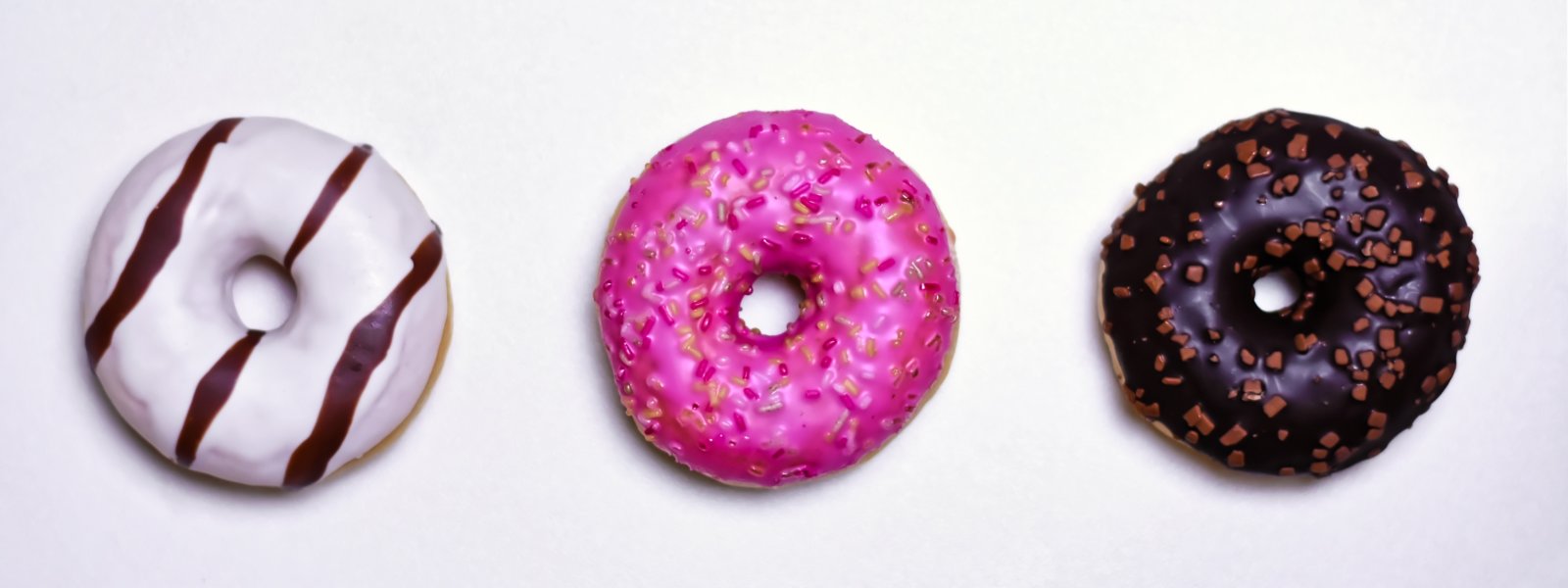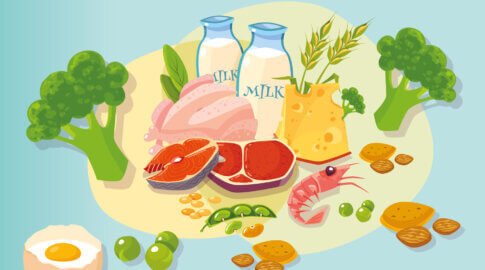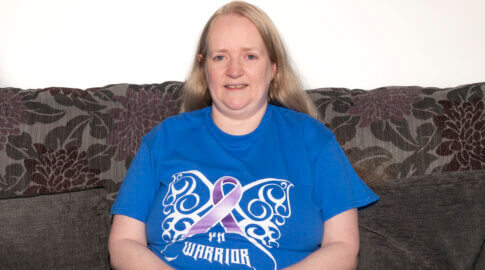Understanding calories
There’s more to calories than numbers on a packet, as nutritionist Shaun Clayton explains…
I’m sure at some point you’ve heard the word ‘calorie’, or ‘calories’, but has anyone explained what they actually are?
“They’re these little pesky things that show up on food packaging and tell me how ‘bad things are for me’ right?” Well, yes and no.
Essentially a calorie is a measurement of energy, similar to amps for electricity and watts for light bulbs. A calorie is what we humans use to measure the energy our bodies need to consume to function. In fact, the word calories originates from the Latin word ‘calor’ which translates to ‘heat’ – which is really going to help with my furnace analogy that’s coming up!
The more calories an item contains, the more ‘energy’ it has for our bodies to use and burn to keep us going.
One method of dieting can be based on purely calorie counting. You may have seen people sat there consuming a 2000-calorie pizza and losing weight. The reason that happens is a calorie in itself doesn’t discriminate; a calorie doesn’t care what it’s made up of, no more than an amp or a watt does. As far as your internal furnace (metabolism) is concerned, it doesn’t matter whether it’s a 1000-calorie salad or a 1000-calorie takeaway; it’s all just the same amount of energy.
However – and this is really important – how those calories are made up to create a meal are very different, and in turn, how your body reacts to them is very different. Let me explain…
When I was at school a teacher asked me “Shaun, what’s heavier? A tonne of bricks or a tonne of feathers?” Obviously, I said bricks, I’m not stupid! He then went on the explain how the weight (the measurement) was the same, but the contents themselves just made it very different.
It’s the same with calories. If you were to throw 1000 calories into your furnace (your metabolism), your body doesn’t care where they came from, it’s got energy now to burn!
But what those calories are comprised of make a difference to other things;, like your hunger, your physical energy levels, your cognitive function, and even your libido.
So on one hand you might have 1000 calories of nutritious goodness that your body will thank you for – like meat, fish, potatoes, grains, vegetables and fruits. Whilst on the other hand, you might have 1000 calories of delicious (but not so nutritious!) goodness… like doughnuts!
In the long run, your body won’t thank you anywhere near as much for the doughnuts as it would the potatoes, grains and vegetables. Ultimately, it’s the same measurement of energy, but made up very differently – just like the feather and the bricks.
















